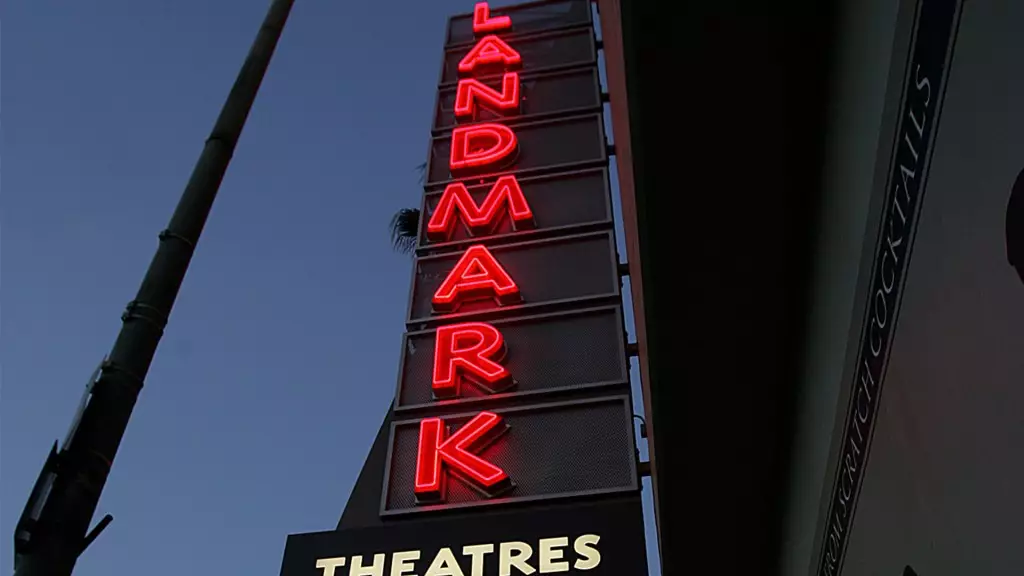In the competitive world of New York real estate, few dramas unfold as spectacularly as the legal entanglements of Charles Cohen. Recently, this real estate mogul has found himself in a precarious position following a ruling from the New York State Supreme Court, which has significant implications for both his financial standing and the fate of several prominent assets. Having defaulted on a substantial loan from Fortress Credit Corp., Cohen’s case not only highlights the complexities of real estate financing but also raises questions about contractual agreements and the ramifications of financial obligations.
Fortress Credit Corp. initiated a lawsuit against Cohen last year when it claimed that he defaulted on a massive $530 million loan secured against various properties, including the Landmark Theaters. As part of its legal strategy, Fortress sought to compel the sale of these assets under the Uniform Commercial Code (UCC), a move that could result in one of the largest real estate auctions in New York history. The magnitude of the amounts involved—particularly a personal loan guarantee of $187 million that the court attributed to Cohen—illustrates the high stakes of this legal battle.
Scheduled for November 8, this auction stands as a critical event, influencing not only his financial future but also the landscape of New York’s real estate market. Cohen’s liability for the personal guarantee is particularly alarming and poses an existential threat to his business operations.
Cohen’s decision to file a notice of appeal regarding the Supreme Court’s ruling is indicative of his determination to contest the findings and rectify what he perceives as judicial oversight. His legal team contends that prior email communications with Fortress indicated an agreement to extend the loan—a claim that the judge ultimately dismissed as non-binding. This intricate aspect underscores the potential pitfalls in real estate negotiations, especially regarding informal communications and their weight in legal settings.
The timeframe for Cohen’s formal appeal extends up to six months, but it remains to be seen whether this protracted legal process will impact the impending auction. Legal analysts suggest that appeals of this nature can take substantial time, potentially straining Cohen’s resources and focus as he navigates through the maze of legal challenges.
Cohen’s case offers a lens through which to examine broader issues within real estate financing and the responsibilities of borrowers. The intricacies of contract enforcement, particularly in high-value loans, are now under scrutiny, questioning the balance of power between lenders and borrowers. As the auction date looms, stakeholders within the industry are watching closely, as the outcome may set precedents for future dealings involving loan guarantees and asset liquidation.
Moreover, Cohen’s battle reflects a recurrent theme in high-stakes real estate: the interplay between ambition and risk. In a market characterized by significant financial transactions, the implications of default can resonate beyond the parties involved, influencing investor perceptions and market dynamics.
As the legal saga continues to unfold, Charles Cohen’s fight against Fortress Credit Corp. showcases the perilous nature of the real estate industry, especially in a city as dynamic and unforgiving as New York. As the auction approaches, the eyes of investors, legal experts, and real estate aficionados remain firmly fixed on the courtroom drama, curious to see whether Cohen’s claims hold merit and what the ultimate fate of his assets will be. Regardless of the outcome, this case serves as a stark reminder of the complexities and unpredictabilities that define the realm of real estate finance.

